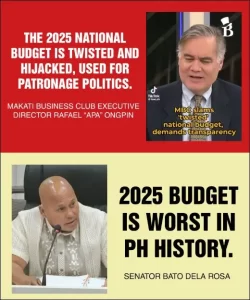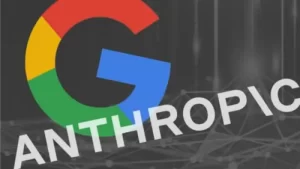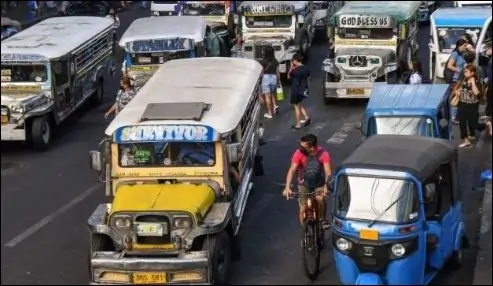
Table of Contents
Introduction: LTFRB Rejects P17 Jeepney Fare Hike
The Land Transportation Franchising and Regulatory Board (LTFRB) has recently dismissed a petition from the transport group Piston to raise the minimum Jeepney Fare Hike to P17. This proposal was made in response to escalating fuel prices, which have been affecting both the transportation industry and the commuting public.
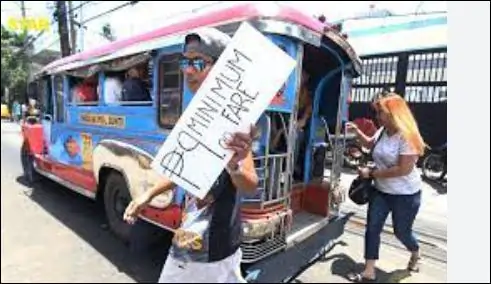
The decision, announced on a Thursday, has sparked reactions from various groups, but the LTFRB’s move aims to prevent fare hikes from becoming too burdensome on the Filipino public, especially in the face of ongoing economic challenges.
The Petition for the P17 Minimum Fare
The petition was filed by the transport group Piston in 2023, a year when the minimum Jeepney Fare Hike was raised to P13. The group’s request came after the price of diesel surged to as high as P70 per liter, placing significant financial strain on jeepney operators.
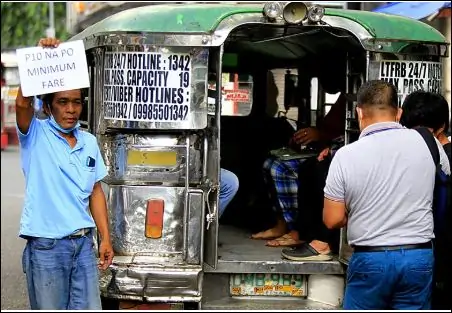
Piston argued that the fare hike was necessary to offset these rising costs and ensure that jeepney drivers could continue to operate sustainably.
However, the LTFRB, led by its technical division chief Joel Bolano, emphasized that the proposed fare increase was excessive. Bolano remarked that a P17 fare would be too high and potentially harmful to commuters, many of whom already struggle with the daily cost of transportation.
Reasoning Behind the Rejection
Bolano stated that the board considered the potential consequences of implementing a P17 minimum fare. He explained that while the rising fuel prices were a key factor in the petition, the board needed to balance these increases with the economic reality of many Filipino commuters.
“We need to balance the fare increases as they affect not just transport operators but also the inflation rate,” Bolano said during an interview on TeleRadyo Serbisyo.
The LTFRB’s primary concern was the impact that such a significant fare hike could have on the general public, especially those who rely on jeepneys as an affordable mode of transport. A large increase in Jeepney Fare Hike could have exacerbated inflation and further strained household budgets, particularly in light of the country’s existing economic pressures.
Other Proposed Fare Increases
Although the P17 fare hike was rejected, the LTFRB is still reviewing other fare increase petitions. One such petition involves an increase to a P15 minimum fare, which is currently under evaluation. LTFRB Chairperson Teofilo Guadiz II stated that the board would thoroughly review all factors, including fuel price trends, inflation rates, and the economic impact on commuters before making a final decision.
Public hearings and consultations are also being planned to ensure that all stakeholders have a voice in the process. This transparent approach is aimed at gathering feedback from the public, transport groups, and other relevant entities to ensure that any fare adjustments made are justifiable and balanced.
Impact on Commuters and the Economy
For commuters, fare hikes are always a concern. Jeepneys are a vital part of the public transportation system in the Philippines, particularly in urban areas. An increase in Jeepney Fare Hike can directly affect the daily expenses of workers, students, and ordinary citizens who rely on jeepneys to get to work, school, and other essential destinations.
The decision to reject the P17 fare increase is seen as a move to prevent further financial hardship for many families. However, rising fuel prices will likely continue to pose a challenge for both jeepney operators and commuters. The LTFRB’s balanced approach is aimed at finding solutions that do not overly burden either side.
Conclusion
The LTFRB’s rejection of the P17 jeepney fare hike is a significant decision that highlights the agency’s commitment to protecting the welfare of the riding public. By carefully evaluating all factors, including fuel price trends and the broader economic impact, the board is taking a cautious and measured approach to fare increases. The ongoing discussions and reviews will likely lead to a more sustainable solution that addresses the needs of both transport operators and commuters.
While the P17 increase has been nixed for now, it’s important for commuters to stay informed about future decisions. Public consultations will help shape the final outcome, and transparency will be key to maintaining public trust in the process.
FAQs
Q: Why did the LTFRB reject the P17 jeepney fare hike?
A: The LTFRB rejected the increase because it deemed the proposed P17 fare too high, considering the potential impact on commuters and the economy.
Q: Are there other fare increases being reviewed?
A: Yes, the LTFRB is also reviewing a petition for a P15 minimum fare, and public hearings will be held for further consultations.
Q: How does the price of diesel affect Jeepney Fare Hike?
A: Rising diesel prices increase the operating costs for jeepney drivers, leading them to request higher fares to maintain profitability.
Disclaimer
The information provided in this article: LTFRB Rejects P17 Jeepney Fare Hike – Breaking News is based on current data and statements from the LTFRB and other relevant sources. While every effort has been made to ensure accuracy, details may change as new developments arise.
For the most up-to-date information, please refer to official announcements from the LTFRB or other government agencies.
TechWirings does not endorse or explicitly support any views or actions expressed in this content.





